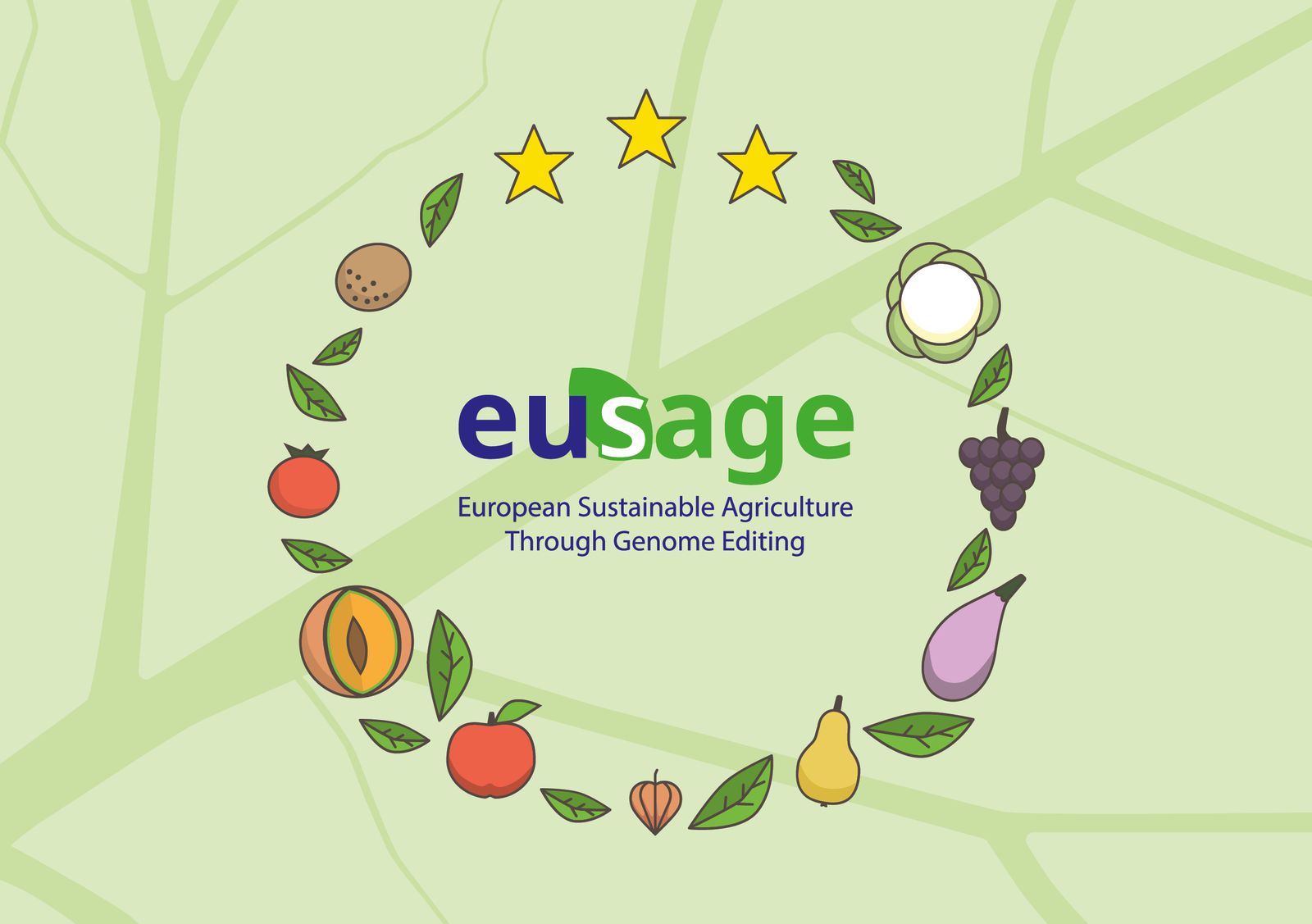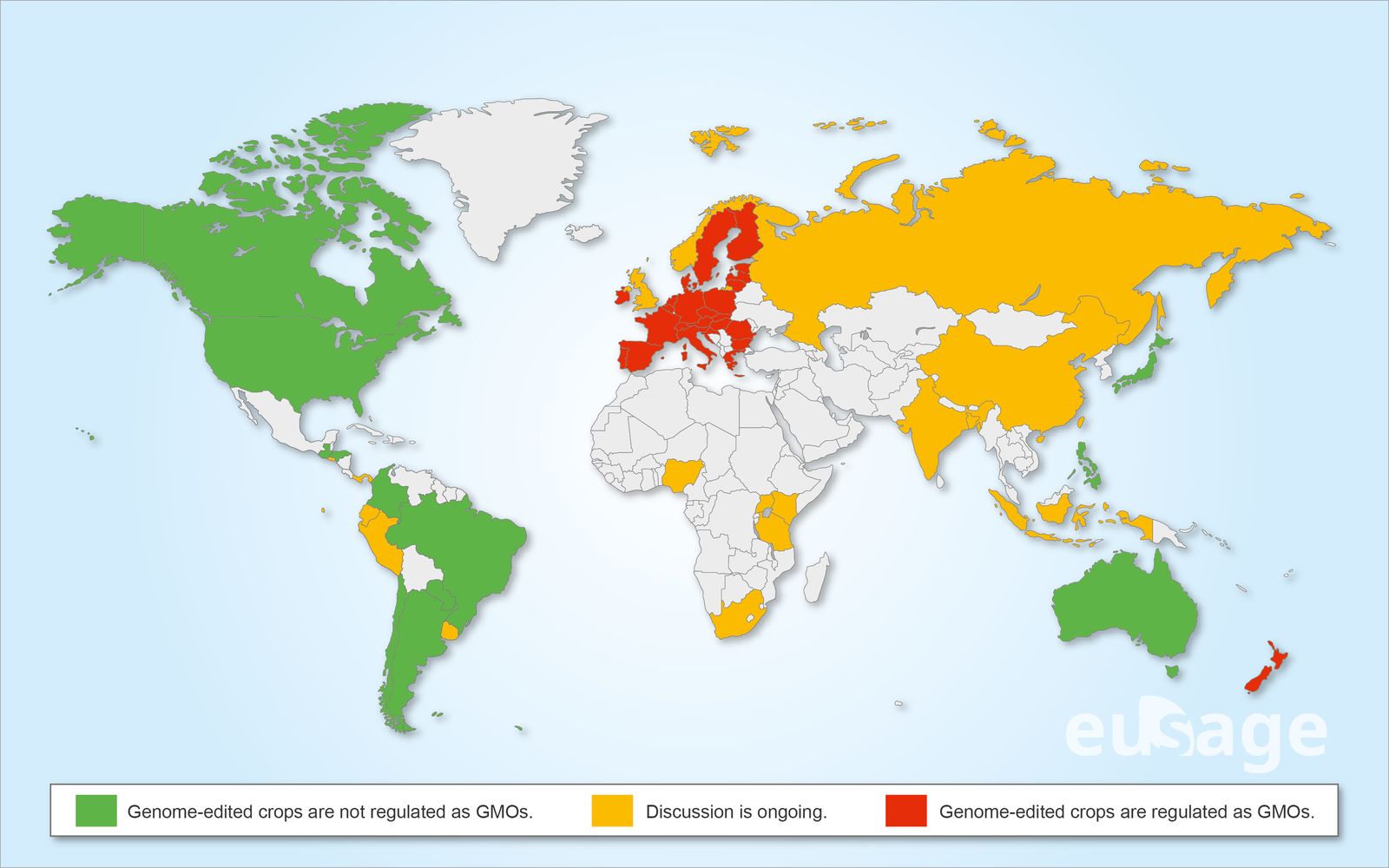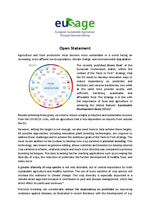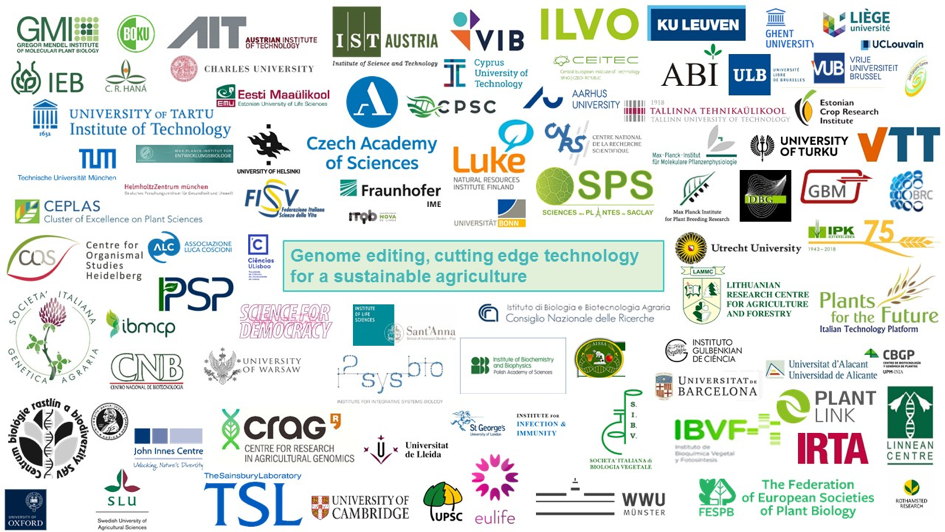Open statement on genome editing in plant sciences
Two years after the ECJ ruling, European scientists renew their call to enable genome editing for sustainable agriculture and food production.
Initiated by the network EU-SAGE (European Sustainable Agriculture through Genome Editing), that represents 131 plant science institutes and societies, European researchers published an open statement on the use of genome editing for sustainable agriculture and food production.
The reason for the open letter is the decision of the European Court of Justice of 25 July 2018 that plants produced by genome editing (e.g., CRISPR/Cas) are to be classified and regulated as genetically modified organisms ("GMO") in the same way restrictive way as transgenic plants. The signatories of the open letter point out that these strict regulations hamper the use of the new breeding techniques for the accelerated development of new, improved crop varieties . These new varieties are urgently needed, not only because of the changing climatic conditions, that were already visible in extended drought periods of the last summers. They can also help to reduce the dependence on pesticides and fertilizers and produce more nutritious food for a growing world population.
Since the decision of the European Justice Court multiple national and international renowned institutions such as the „Nationale Akademie der Wissenschaften Leopoldina“ together with the „Union der Deutschen Akademien der Wissenschaften“ and the „Deutsche Forschungsgemeinschaft” and the “Bioökonomierat” advocate for an amendment of the European GMO legislation.



